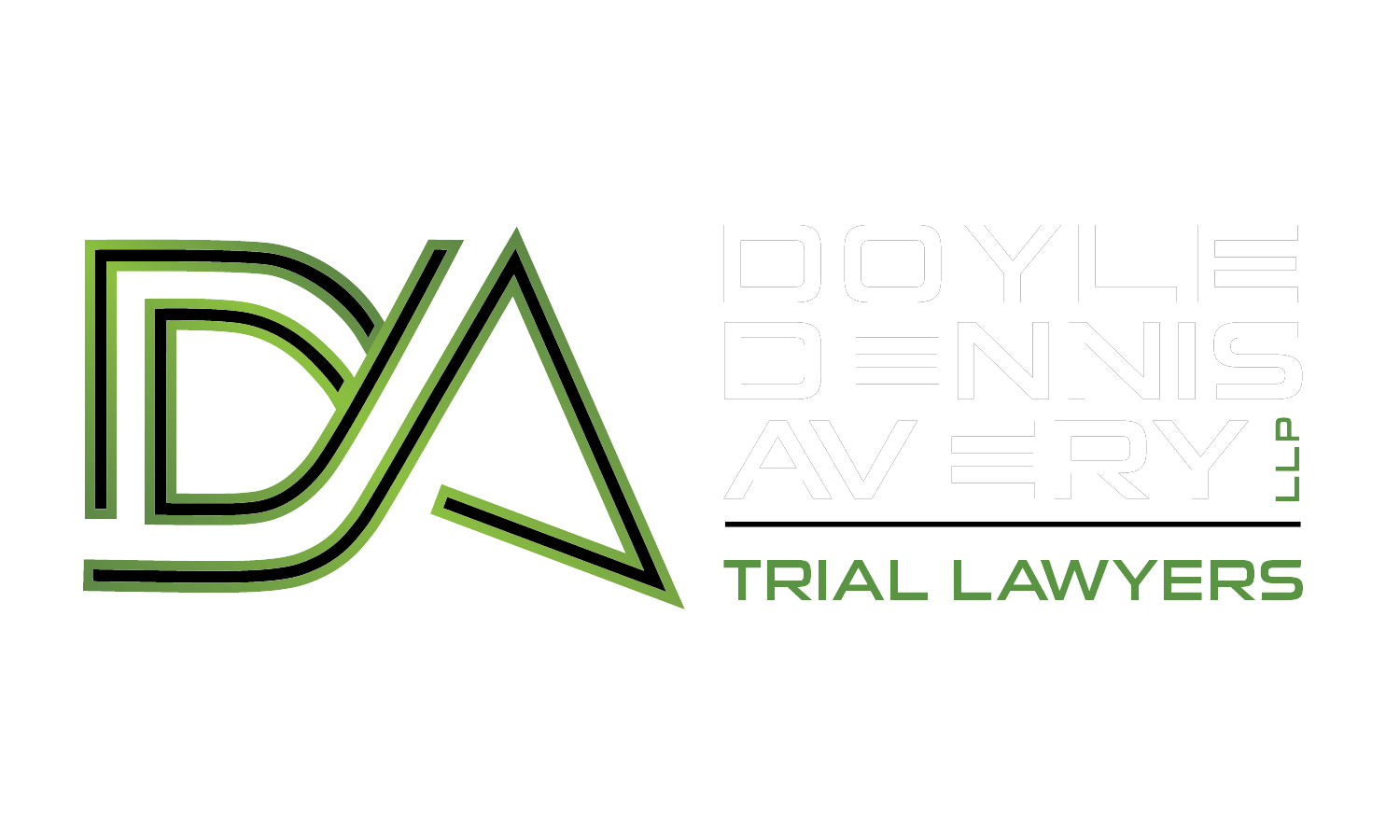Security Fraud whistleblowers
Doyle Dennis Avery LLP represents whistleblowers who have been retaliated against for reportion violations to the SEC of federal securities law. In 2010, Congress passed the Dodd-Frank Wall Street Reform and Consumer Protection Act. In passing these laws, Congress sought to protect consumer protection by regulating the financial industry.
What is protected?
Dodd-Frank protects employees from retaliation who (1) provide information to the SEC; (2) initiate, testify, or assist in any SEC investigation or legal action related to information provided by the whistleblower; or (3) make disclosures that are required or protected under Sarbanes-Oxley or the Securities Exchange Act of 1934. Importantly, the Supreme Court has required that Dodd-Frank whistleblowers must report violations to the SEC. Digital Realty Trust v. Somers, 583 U.S.___(2018). Thus, an internal whistleblower is only protected by Dodd-Frank, so long as the whistleblower also made a report to the SEC.
What employers are covered by Dodd-Frank?
Unlike SOX, Dodd-Frank covers any employer who retaliates against an employee for making a protected report to the SEC. In other words, Dodd-Frank applies broadly, and is not limited to publicly traded companies, but can also apply to privately-held companies. This may include the following industries: Banking, Insurance, Energy, Oil and Gas, Defense Contractors, Construction, Auditors, Lawyers, Technology, and others.
How do I file a wrongful termination or retaliation lawsuit?
Unlike SOX, Dodd-Frank covers any employer who retaliates against an employee for making a protected report to the SEC. In other words, Dodd-Frank applies broadly, and is not limited to publicly traded companies, but can also apply to privately-held companies. This may include the following industries: Banking, Insurance, Energy, Oil and Gas, Defense Contractors, Construction, Auditors, Lawyers, Technology, and others.
How do I file a wrongful termination or retaliation lawsuit?
Under Dodd-Frank an employee may file directly I federal court against the employer for retaliation. Dodd-Frank requires that employees must file an action either within six years after the date of the violation or within three years “after the date when facts material to the right of action are known or reasonably should have been known to the employee,” but no longer than 10 years.
What other statues may also apply to a Dodd-Frank/Securities whistleblower?
Many of the federal and statute whistleblower statutes overlap. Thus, it is important to review the possible statutory violations for a Dodd-Frank whistleblower. This may include violations of the Sarbanes-Oxley Act, the Consumer Financial Protection Act, Department of Defense Authorization Act of 1987, the Criminal Antitrust Anti-Retaliation Act, the Tax Payers First Act, the Banking Secrecy Act, or other state law claims.
What damages are available?
Dodd Frank, unlike Sarbanes-Oxley, allows an employee to recover double back pay. It is likely that an employee may also recover other economic damages.
Copyright © 2025 Doyle Dennis Avery LLP Trial Lawyers. All rights reserved. Powered By Blue Beam LLC
The information on this website is intended for general informational purposes only and is not legal advice for any individual case or situation. Viewing or receipt of content on this website does not create an attorney-client relationship between the user and Doyle Dennis Avery LLP.
The cases, verdicts and settlements displayed on this site are solely for illustrative purposes and should not be considered a guarantee or prediction of the outcome of any other claims or cases. Each case is unique, and past outcomes are not indicative of future results.
We recommend that users consult with an attorney for legal advice on any questions or concerns they may have. Users rely on the information on this website at their own risk.
